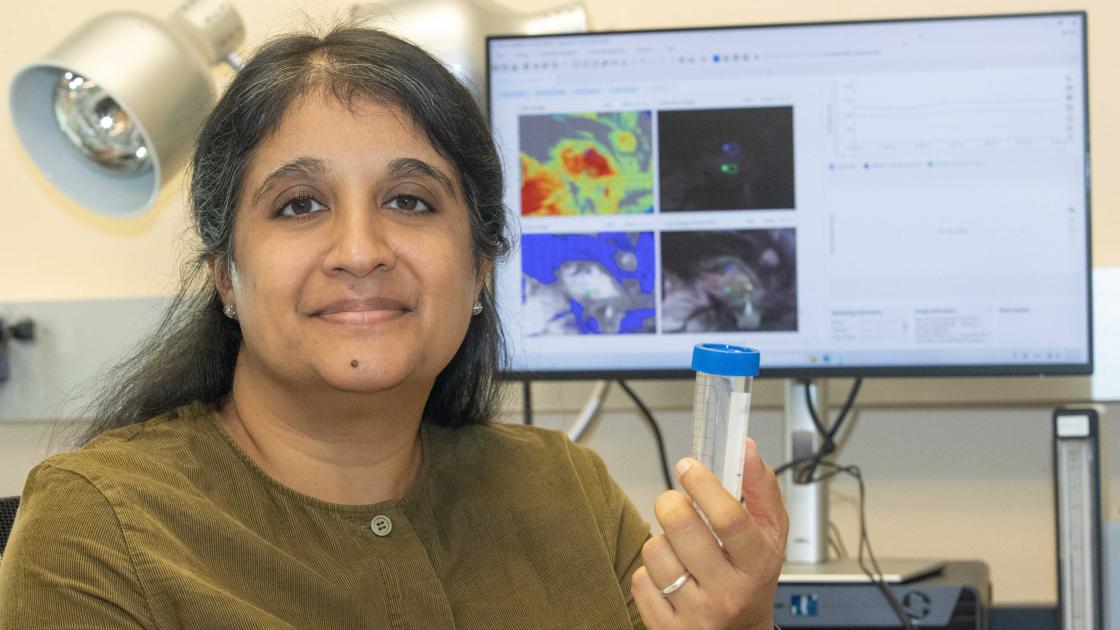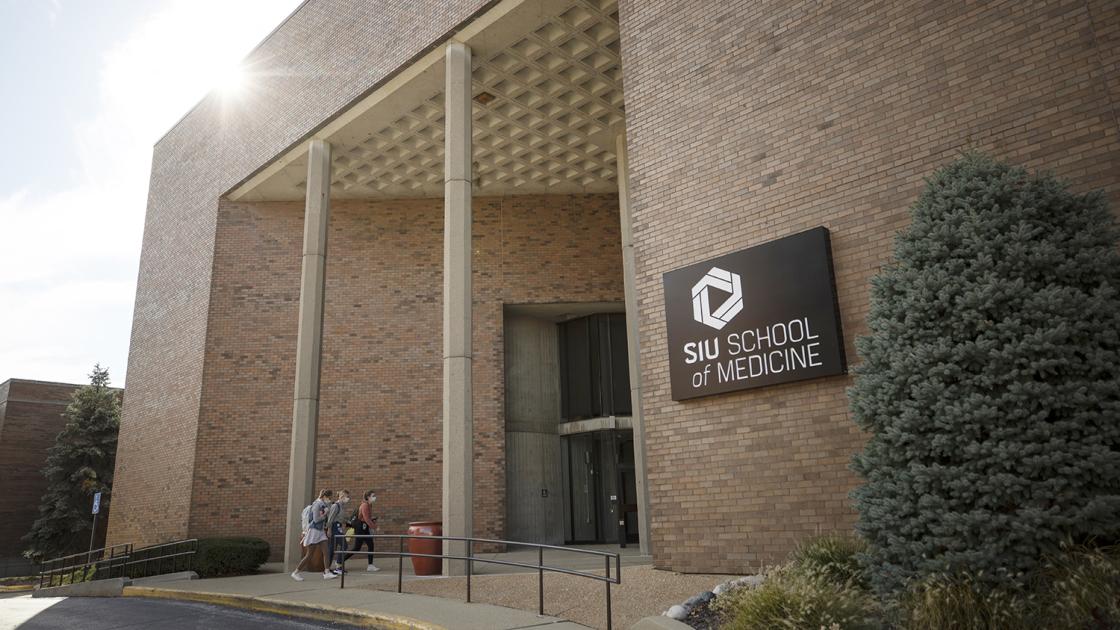
$2.8 Million NIH Grant Advances Hearing Loss Research
Aug. 26, 2015 - Southern Illinois University School of Medicine researcher Kathleen Campbell, PhD, professor in the Department of Surgery, has secured a five-year grant from the National Institutes of Health (NIH) to advance her decades of research in hearing loss prevention and treatment. The total budget for the project is $2.8 million.
This grant will determine the optimal dosing level of D-methionine (D-met), a compound that has been shown to prevent hearing loss. D-met is an amino acid that has been found to protect against noise-induced hearing loss and ototoxicity, or damage to the ear caused by some antibiotics and platinum-based chemotherapy agents, such as cisplatin.
"With the help of our current Department of Defense lab funding, we have found that the optimal D-met protection is dose-sensitive, with higher or lower dosing reducing efficacy," said Campbell. "Thus, with this grant, we will determine the optimal dosing level as well as when that dose will be most effective." If successful, the clinical use of D-met otoprotection will move one step closer to FDA approval.
According to Campbell, D-met can provide both "rescue" and protective functions in preventing permanent noise-induced hearing loss.
"We've found that D-met can provide this 'rescue' protection very effectively if first initiated up to 24 hours after noise exposure and with lesser protection up to 36 hours after," Campbell said. "Rescue therapy would be of great clinical use after unexpected noise exposures, such as car airbag deployment, high sound level concerts, fireworks, emergency work or battlefield weaponry," said Campbell.
Similarly, Campbell has discovered D-met's ability to prevent hearing loss if given before noise exposure.
"A patient could take D-met a day or perhaps a few days prior to noise exposure and still be protected without carrying the otoprotective agent during the noise exposure," Campbell said. The preventative and rescue functions of D-met could prove useful to special operation military forces, hunters, SWAT teams, firefighters and other emergency personnel.
In addition to determining the optimal dose of D-met, Campbell will examine how specific biomarkers impact the dose's effectiveness.
Campbell's research, which has been previously funded by the Department of Defense, Veterans Administration, Illinois Department of Health and the National Institutes of Health, has secured more than $11 million in funding since she joined SIU School of Medicine in 1989. Named a university-wide Distinguished Scholar in 2014, Campbell has been featured in numerous well-known publications, including The Wall Street Journal, Popular Science and The New York Times.
Research reported in this press release is supported by the National Institutes of Health under award number 1R01DC014549-01.



